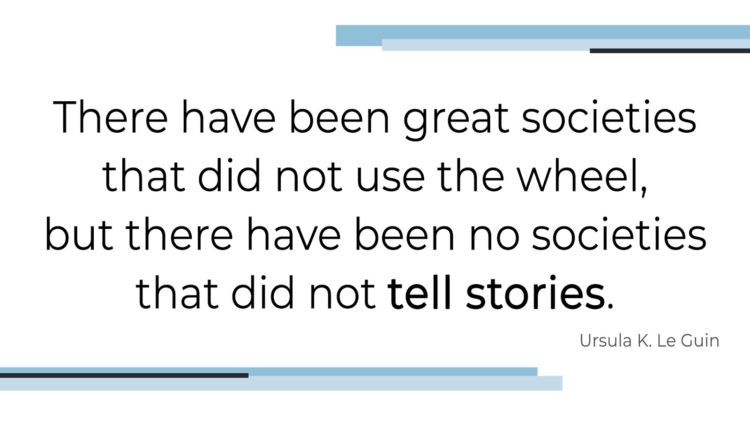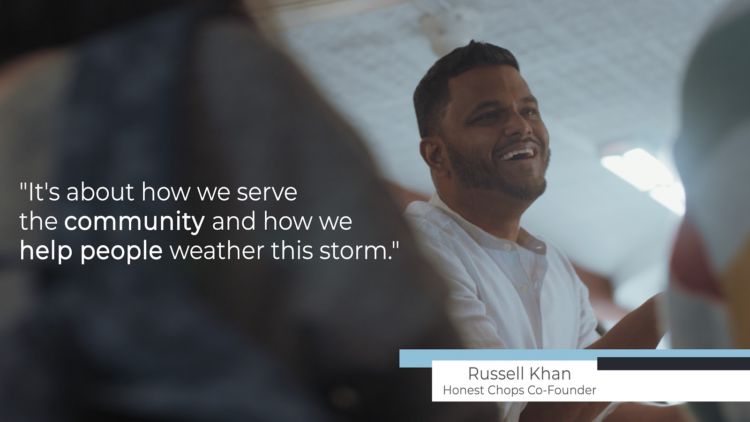Why Story-Driven Marketing Matters More Than Ever in the Era of COVID-19
In mid-March, as COVID-19 was spreading rapidly around the world and many countries were implementing shelter-at-home orders, Guinness became one of the first brands to address the pandemic head-on with a heartfelt St. Patrick’s Day video assuring customers that, while this year’s celebration might look different than others in its 260-year history, “We’ll march again.” Ace Metrix research revealed that the video was viewed positively by consumers, with 70% of beer drinkers surveyed increasing purchase intent. It resonated in large part because it was an authentic extension of the brand’s community-focused DNA.
With companies both large and small striving to stay in business during COVID-19, many have chosen to slash advertising budgets. But since Americans are now spending 60% more time watching content, brands who decide to employ a robust marketing strategy have the opportunity to produce campaigns that are more likely to be seen. Here’s what you need to know about marketing during COVID-19.
Remember That Marketing Still Matters
Per the Interactive Advertising Bureau, 74% of media buyers, brands, and planners believe COVID-19 will impact advertising more than the 2008 financial crisis. However, historical examples and recent data alike prove companies that invest in telling the right kind of brand stories during this unprecedented time will be in a better position than those who do not. Roland Vaile, who compiled research about the use of advertising among 23 companies during the Depression era from 1920 to 1924, found companies that increased their marketing spend grew their revenues much more quickly than those that did not. Those findings are borne out in more recent research about how advertisers reacted to the global financial crisis in the 2000s.
So rather than wondering whether you should still be marketing, think about what type of marketing might be most effective. Consider the message you’re trying to get across, and then meet this moment by telling human-driven stories that resonate with consumers.

Keep the Story at the Forefront
Author Ursula K. Le Guin wrote, “There have been great societies that did not use the wheel, but there have been no societies that did not tell stories.” From ancient civilizations to present day, stories have colored our collective consciousness and empowered us to understand our place in the world, make meaning of our lives, and relate to others. Stories resonate with us in a way that mere data, statistics, and graphs cannot. Stanford professor Jennifer Aaker says people remember information that is presented in story form up to 22 times more than facts alone.
As a result, many companies have pivoted from traditional campaigns to emotional, human-driven content that connects with customers in a more genuine way. In the midst of COVID-19, that’s more important than ever. Consumers don’t want to feel like they are being marketed to; they want to hear stories of hope and resilience that they can hold onto. So instead of producing generic content about a particular product or service, think about how you can tell a heartfelt story that highlights a real person’s experience or reminds viewers that your brand is there to support them. For example, GoodRX recently posted a video made from user-generated content to show how real individuals have benefited from its services, and MilkPEP created a “Milk. Love What’s Real” campaign that showcases how milk can help make peoples’ days a bit brighter and pledged to match Feeding America donations.
In a time when consumers are feeling uncertain about the future, telling authentic stories is a way to remind customers that you support them and that together you will make it to a happier chapter down the road.

Focus on Doing Good in the World
According to Ace Metrix research, 75% of consumers believe brands have a responsibility to help others during the pandemic. Think about ways you can support your local community and customers in a way that makes sense for your brand, both in your marketing campaigns and in your outreach initiatives. For example, LVMH (which owns high-end fashion companies like Christian Dior and Louis Vuitton) is repurposing its perfume production lines to make hand sanitizer for hospitals free of charge, and Honest Chops is offering free meals to underprivileged children and hospital workers.
There’s an actual dollar value to this type of action, because striving to be good team players in both your local community and the world at large can help strengthen relationships with consumers. But it’s imperative to make sure you are being genuine, not exploitative. You want to show consumers that your brand will walk the talk. Focus on campaigns that remind customers of your shared humanity and assure them that you are there to help them in any way you can. And check out this post if you're interested in learning how small businesses around the United States are adapting to the current market.